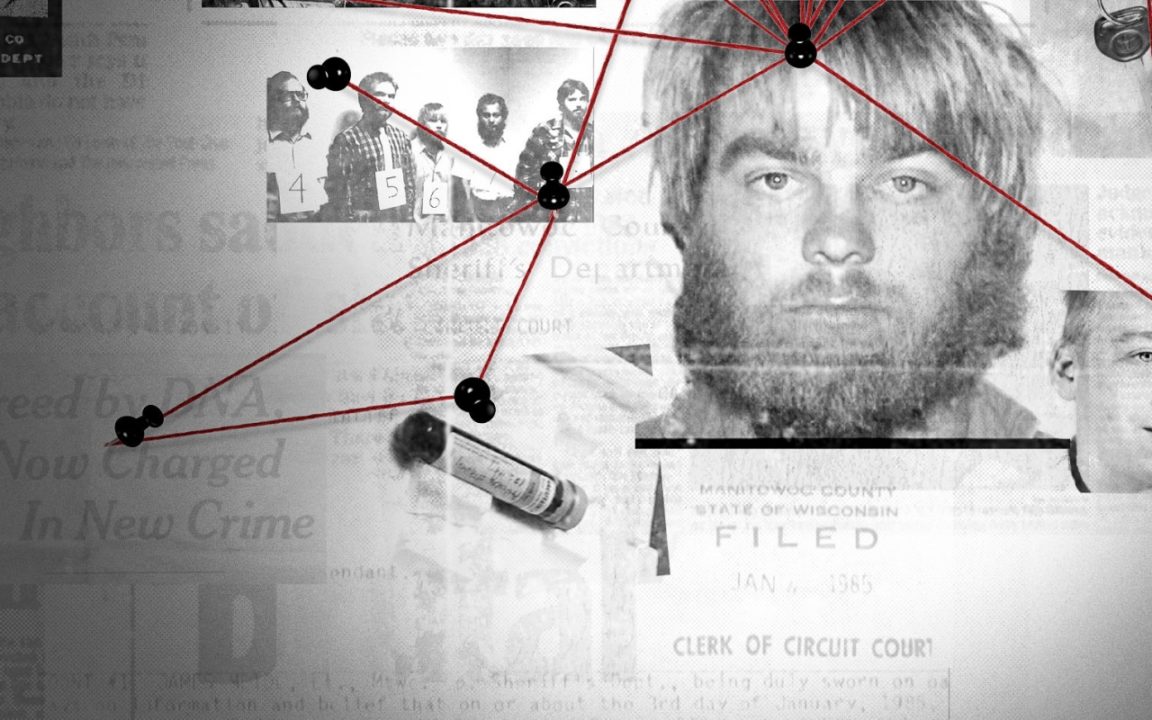For as long as video games have been around, there have been protestations and concerns raised about the influential nature this interactive entertainment will have on generations of gamers with its glorification of violence. So why in 2016 are programmes like Serial Season 1 and Making a Murderer held in such high esteem?
The response you could argue is relatively obvious. Games provide participants / “viewers” the controls to the protagonist of the respective game, to then go and end the life of another “being” within the game universe. Games like Call of Duty have taken the brunt of the abuse with the intertwining and celebration of gun warfare, and critics argue that this celebration of mindless murder has influenced individuals to deem that mass killing is ok.
The irony of this argument is that in the mass exposure of media such as Serial and Making a Murderer surely provide the same amount if not more notoriety associated with killing somebody?

Serial’s season 1 was critically acclaimed and received copious amounts of awards. Netflix’s Making a Murderer has also received rave reviews since its release in December 2015 and despite your view point on its centralising on whether Steven Avery did or didn’t kill somebody, his name will now be synonymous in main stream media.
Real life crime drama’s like those I listed above are but the tip of the iceberg of media programmes (audio and visual) which seem to be making a slow, but impactful influx on to mainstream viewing/listening. Here in the UK documentaries like Channel 4’s “The Murder Trial”, BBC 2’s “The Detectives” and its radio wing BBC Radio 4’s True Crime Season have all been broadcast in the last several months. The draw of all of these programmes are that they are presented and cut so eloquently that narrative can be created and amplified with the ending of a segment or episode on a cliff hanger or the introduction of clips from after the event in question. The greatest draw however is that these programmes and those coming in the future do an impeccable job of turning US, the viewer, in to detectives. We, the general public subconsciously become emotionally invested in these stories; wishing to step in to the story to identify “blatant” flaws in arguments or pinpoint key parts of evidence which could condemn or exonerate individuals in a heartbeat.
So what’s to stop somebody of a weak mentality / psychopathic tendencies thinking that committing murder will bring them worldwide fame?
Gaming media presents a unique set of circumstances where violence and murder is synonymous with progressing through narrative elements or games, killing the largest number of enemies meaning that the player can be adorned on leader boards and online forums. But how long will it be until the protagonist of a murder or mass shooting (God forbid) places their motives at the feet of the fame which is now accompanied by these stories portrayed in mainstream media?
Gun crime is back on the agenda with our friends over the pond as they lead up to election fever, and with America’s history of mass shootings and unfathomable terrorist attrocities, we can’t say that mindless killing isn’t at the forefront of modern day thought. So with all these other factors taken in to account, why is it that video gaming which takes the harshest brandening of them all?
It’s a morbid thought to have and to presume that there are people out there who would actually use this mind-set is sickening in itself, but unfortunately it seems that the public’s fascination in True Crime programme could ultimately become the instigator to a vile cycle of death, broadcasting and notoriety. The question is; when will Gaming stop taking the fall for modern society’s obvious transgressions?
Agree or Disagree? Find me @MeteCritic with the #MurderByFame Until next time, Keep it on the OOL








